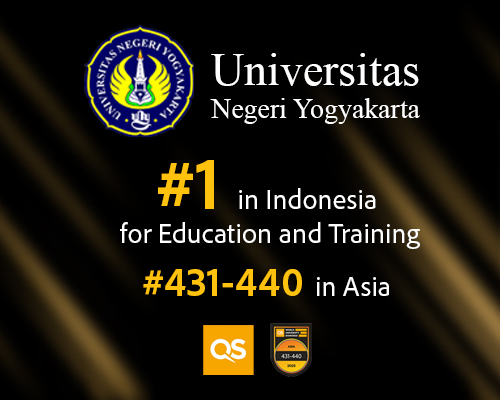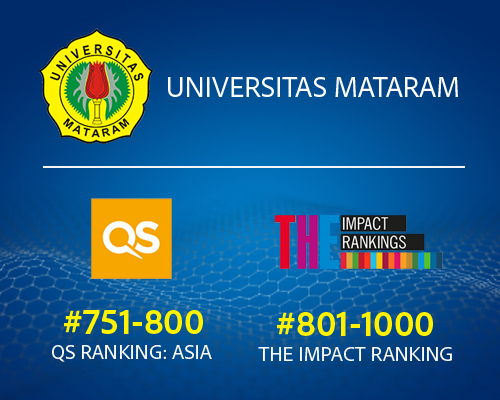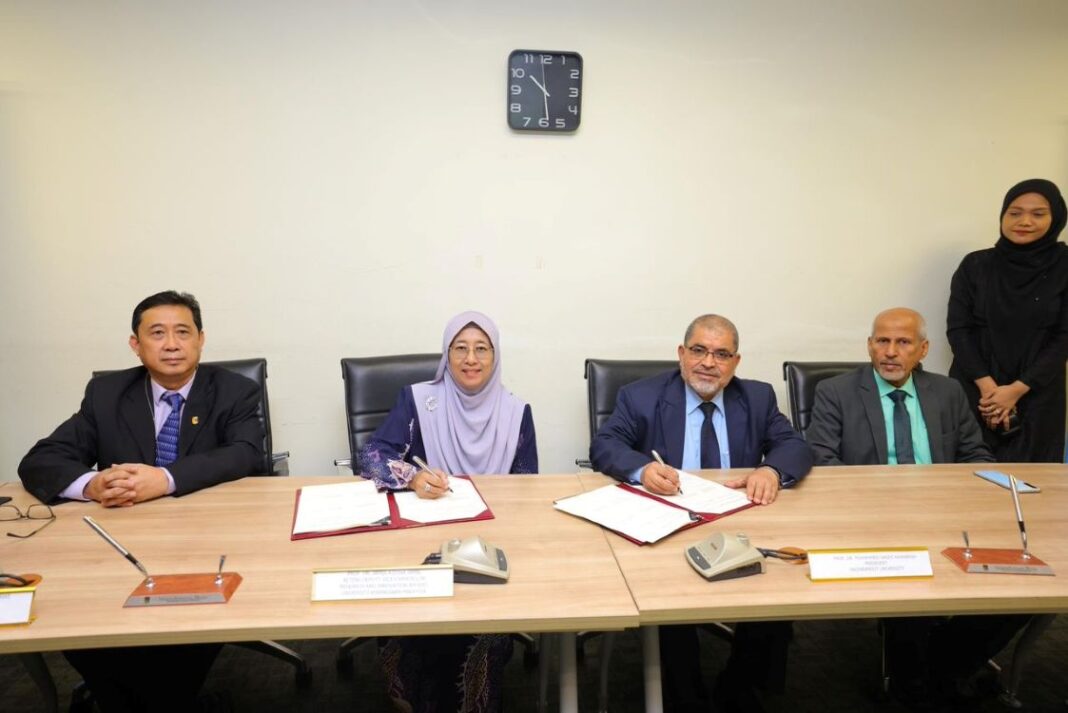Malaysian and Yemeni universities are forging new academic pathways despite regional challenges. This strategic partnership signals growing South-South educational cooperation in climate research and capacity building.
Key Points
- UKM’s Institute of Climate Change partners with Yemen’s Hadhramout University through formal MoU
- Collaboration encompasses research projects, staff exchanges, joint publications, and capacity-building initiatives
- Partnership aims to advance knowledge while fostering cultural understanding between Malaysia and Yemen
- Agreement includes provisions for joint grants, conferences, and student mobility programs
Why This UKM and Hadhramout University Partnership Matters for Regional Academic Growth
The Institute of Climate Change at Universiti Kebangsaan Malaysia (UKM) has formalized academic ties with Hadhramout University in Yemen through a comprehensive Memorandum of Understanding signed in Bangi on August 19, 2025. Consequently, this agreement establishes a framework for extensive collaboration between the Malaysian and Yemeni institutions.
What Does This Academic Partnership Include?
Comprehensive Collaboration Framework
The MoU encompasses multiple dimensions of academic cooperation designed to maximize institutional synergies. Research collaboration forms the cornerstone of this partnership, alongside academic exchange programs that will facilitate knowledge transfer between both universities.
Additionally, the agreement establishes pathways for joint publications, enabling scholars from both institutions to contribute to global academic discourse. Staff and student mobility programs will create opportunities for cross-cultural learning and professional development.
Joint Initiatives and Capacity Building
The partnership extends beyond traditional academic exchanges to include joint grant applications, leveraging combined expertise to secure international funding. Furthermore, both universities will co-organize conferences and symposiums, creating platforms for regional academic dialogue.
Notably, capacity-building programmes represent a crucial component, particularly relevant given Yemen’s ongoing educational infrastructure challenges and Malaysia’s established expertise in climate change research methodologies.
Who Are the Key Leaders Behind This Initiative?
Prof. Dr. Jamia Azdina Jamal, Acting Deputy Vice-Chancellor for Research and Innovation Affairs at UKM, emphasized the alignment between both institutions’ objectives. She articulated the partnership’s vision during the signing ceremony, highlighting mutual benefits for Yemen and Malaysia.
The formal agreement was executed by Prof. Dr. Jamia alongside Associate Prof. Dr. Zaini Sakawi, Director of UKM’s Institute of Climate Change. Representing Hadhramout University, Prof. Dr. Mohammed Saeed Khanbash (President) and Mr Abdullah Alwai Aidid (General Secretary) participated in the signing.
This collaboration represents more than institutional cooperation—it embodies educational resilience in challenging times.
How Will This Partnership Advance Regional Knowledge?
Cultural Understanding and Human Capital Development
According to Prof. Dr. Jamia, the partnership reflects shared institutional values and complementary academic strengths. The collaboration aims to advance knowledge while fostering deeper cultural understanding between Malaysian and Yemeni academic communities.
In contrast to purely transactional academic agreements, this MoU emphasizes long-term relationship building based on mutual respect and trust. The human capital development component addresses critical needs in both countries, particularly in climate science and environmental research.
Strategic Academic Positioning
The partnership positions both universities within broader networks of international academic collaboration in the Middle East and Southeast Asia. This strategic positioning enhances research capabilities and creates opportunities for multilateral partnerships.
Bottom Line
The UKM-Hadhramout University partnership demonstrates how academic institutions can build meaningful connections across geographical and political boundaries. This collaboration establishes a sustainable framework for knowledge exchange, research advancement, and cultural understanding between Malaysia and Yemen.
Moving forward, the success of this partnership will depend on effective implementation of mobility programs, joint research projects, and capacity-building initiatives. The agreement sets a precedent for South-South educational cooperation that could inspire similar partnerships across the developing world.





